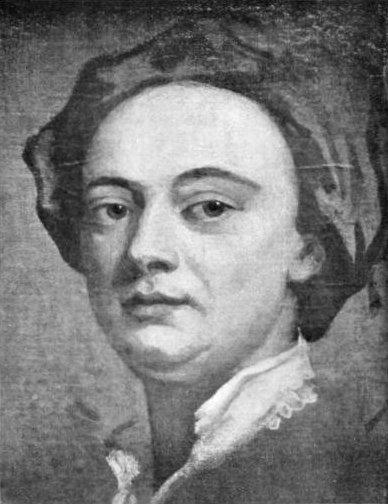„Życie to żart – po tamtej stronie podejrzenie
Miałem, że sąd to mylny. Widzę po tej, że nie.”
Źródło: Epitafium własne, tłum. Stanisław Barańczak
